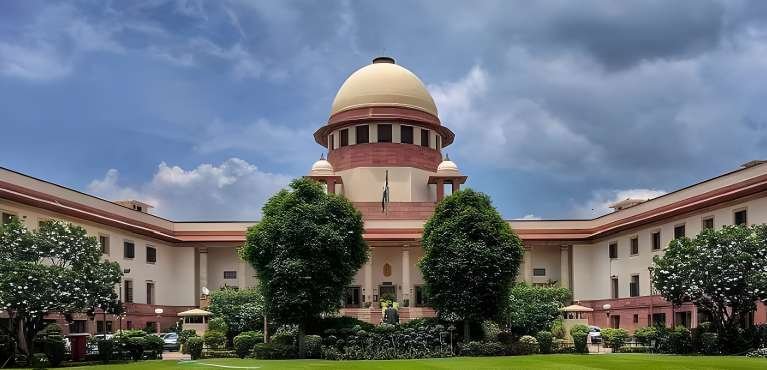
Keywords: NGT, Expert Committee Recommendations, Supreme Court, opportunity to dispute, issue directions
The National Green Tribunal (NGT), as an adjudicating body, must adhere to the principles of natural justice, the Supreme Court has ruled.
It further ruled that the concerned party must be notified beforehand and given the chance for discussion and rebuttal if the NGT plans to rely on the report of an expert Committee or any other information that comes to its attention.
The National Green Tribunal, Principal Bench, New Delhi issued a common order directing certain thermal power plants to install air pollution control and monitoring devices as well as timely utilisation and disposal of fly ash as corrective measures. The Top Court was debating a group of appeals against this order.
The Apex Court noted that the NGT made the decisions based on the recommendations in the two reports that were provided by the Expert Committee that it appointed. The Court made the observation that the NGT adopted the report’s recommendations and ordered corrective actions without giving the appellants, against whom the order was granted, a chance to object. The NGT Act, 2010, Section 19(1), which states that the Tribunal shall not be bound by the Code of Civil Procedure, 1908, but shall be guided by the principles of natural justice, was found to be violated by the court.
The “official notice” theory, which states that the parties must be notified of the materials relied on by an authority and must be given the opportunity to explain or reject them, was used by the Apex Court in this context. The Court stated that “the data on which an authority is acting must be apprised to the party against whom the data is to be used as such a party would then have an opportunity to not only refute it but also to supplement, explain, or give a different perspective to the facts upon which the authority relies.”
Written by- Lisa Gupta, NUSRL, Ranchi, Semester 3, an intern under Legal Vidhiya




0 Comments